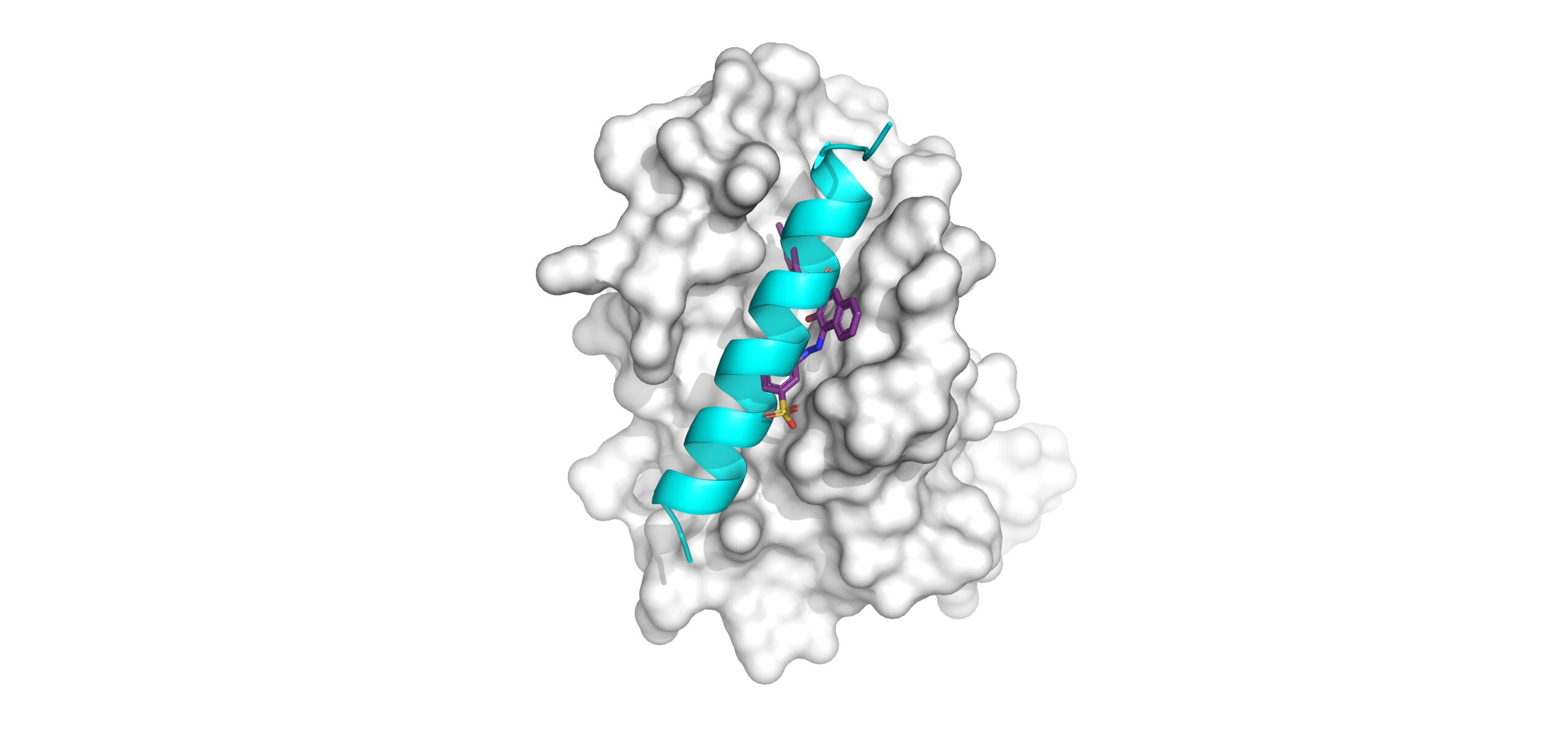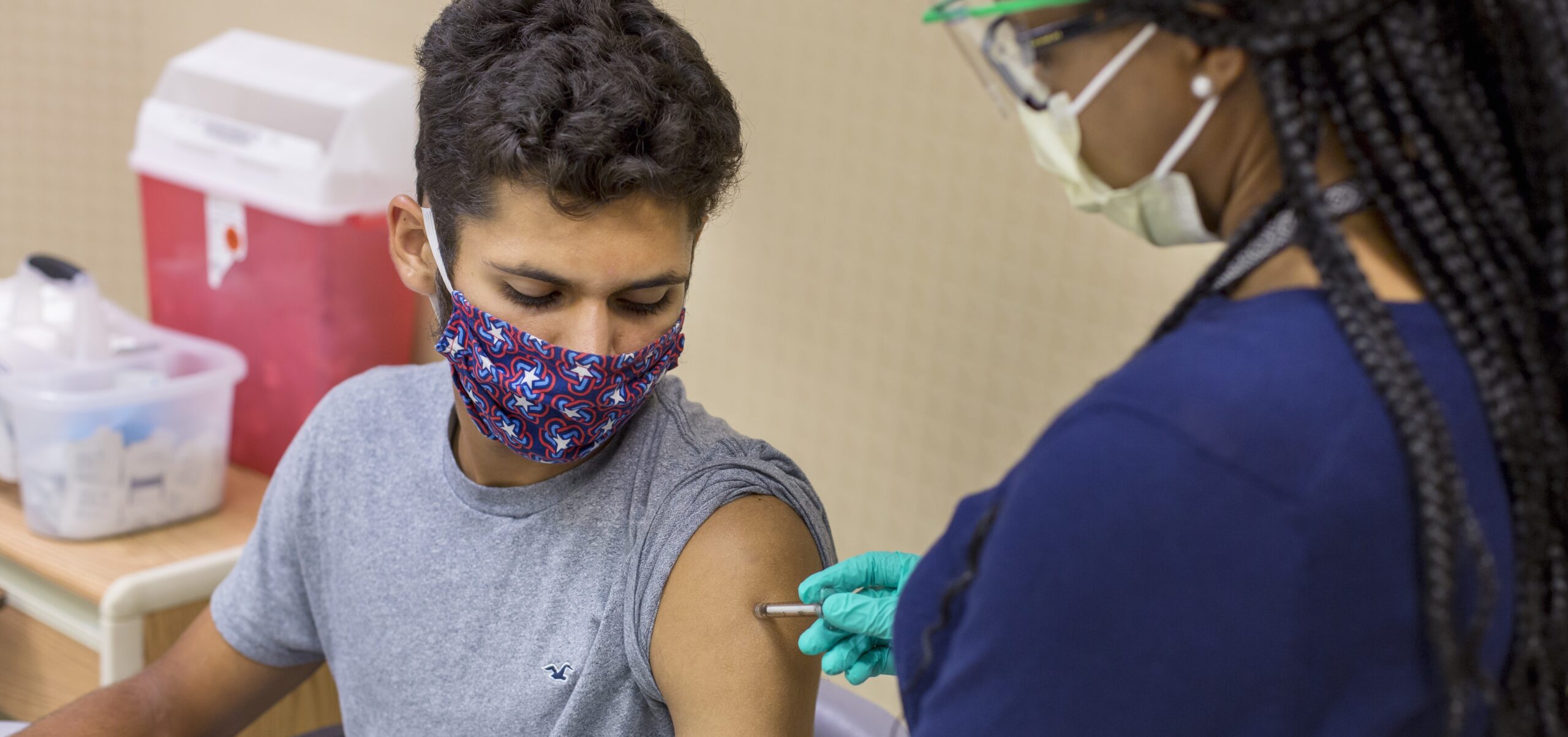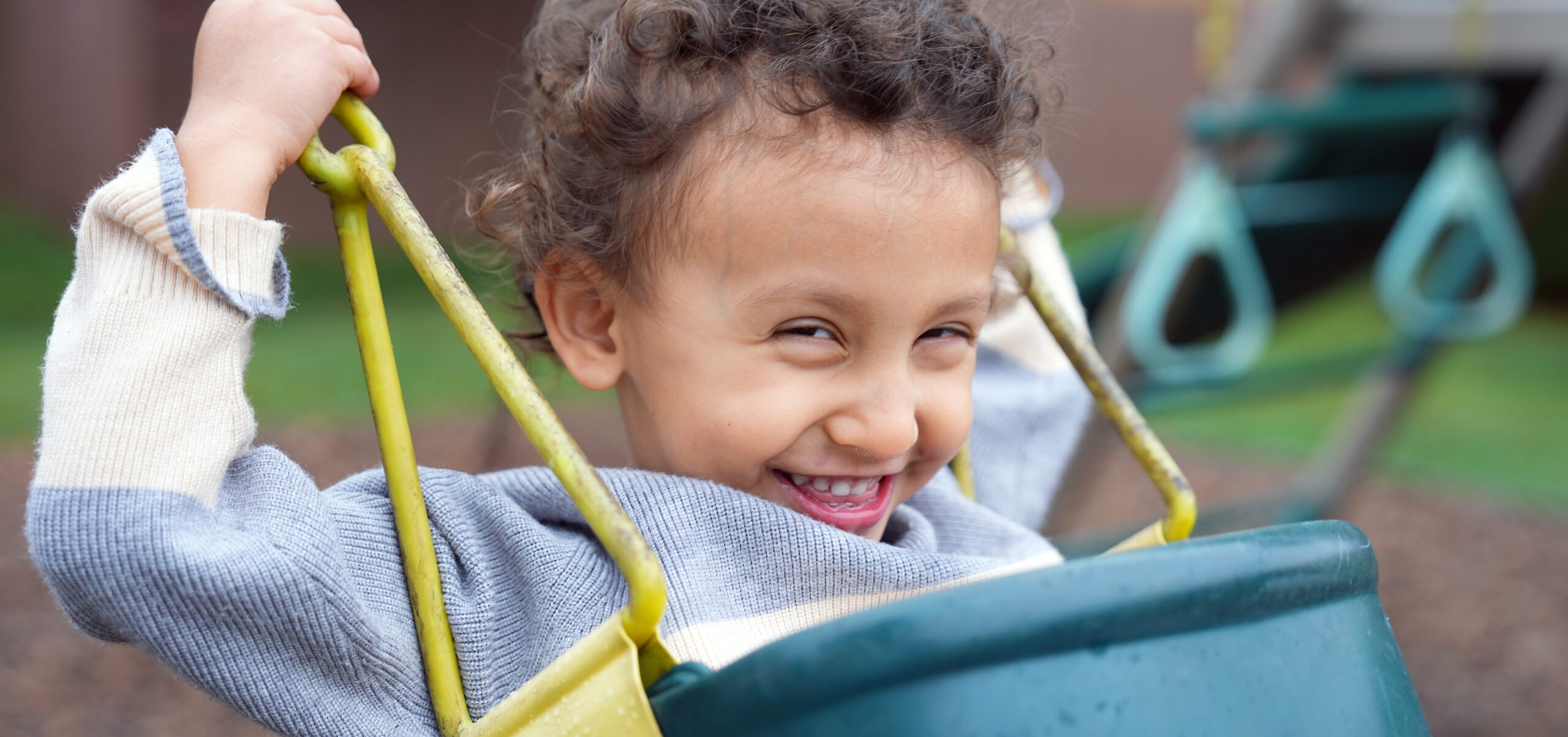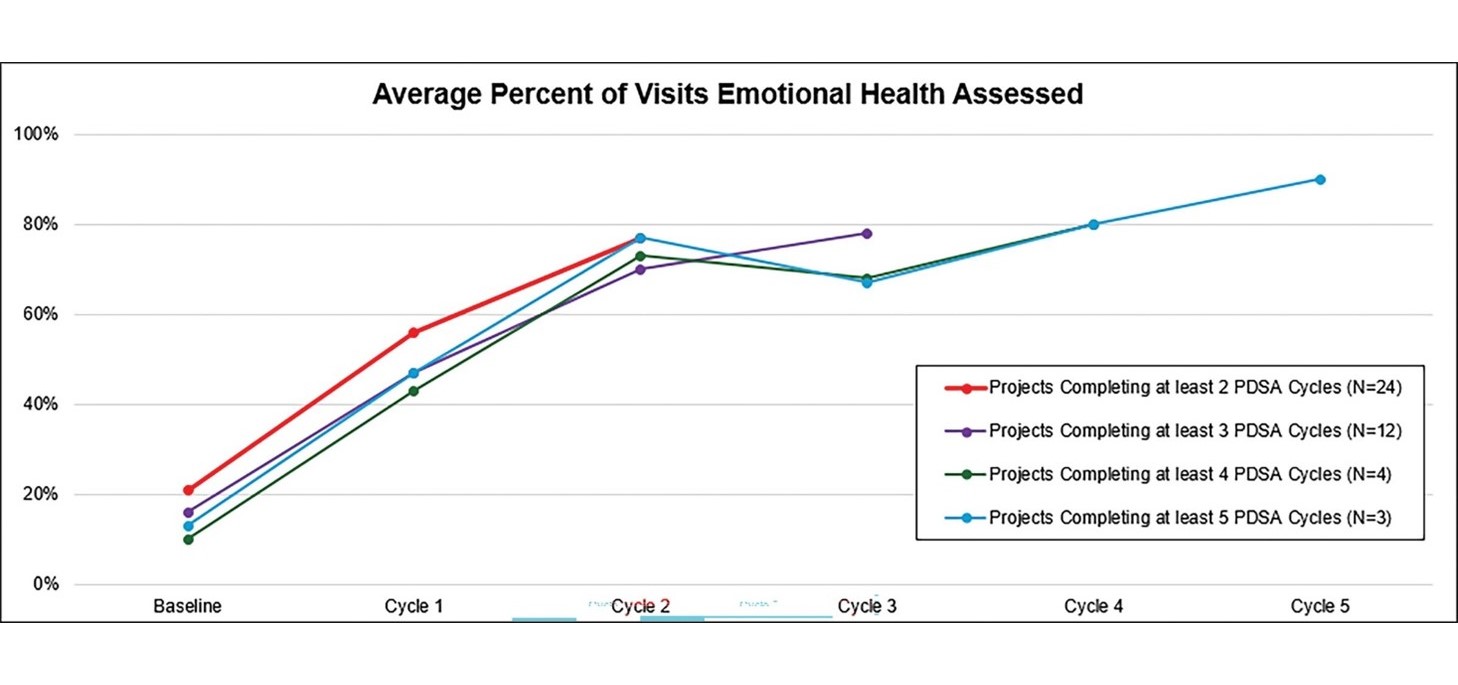Cincinnati Children’s Launching Collaboration with Technion-Israel Institute of Technology
Post Date: October 21, 2021 | Publish Date:
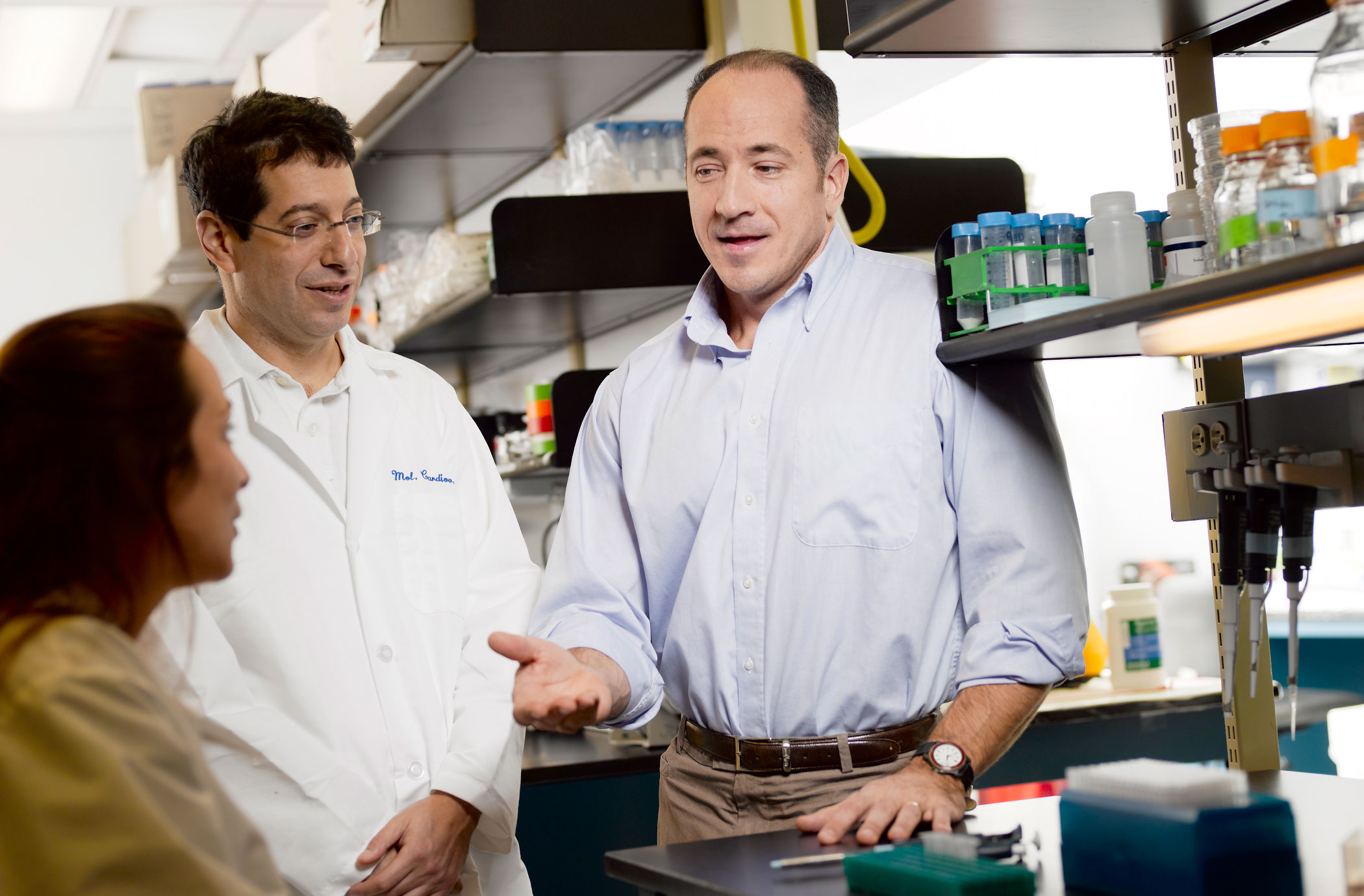
“I realized that bringing together two world-class entities, Technion and Cincinnati Children’s, with complementary skills and assets, could improve pediatric medicine on a global scale.”
–Marc Rothenberg, MD, PhD
Cincinnati Children’s Hospital Medical Center is launching a data-driven research program in collaboration with Technion-Israel Institute of Technology.
Experts within each institution will train a core group of investigators skilled in biomedical informatics, who will provide a platform for local expertise and collaborative studies. The goal is to use large data sets to help clinicians, researchers and scientists improve precision medicine, discover treatments, and deliver the best possible healthcare.
The two institution’s hope to elevate pediatric medicine on a global scale by leveraging Cincinnati Children’s expertise in patient care, basic research, and translational research with Technion’s excellence in computer science, engineering, and bioinformatics.
The collaboration, called the “Bridge to Next-Gen Medicine,” is expected to include joint workshops, online lectures, faculty/student exchange visits, and research projects.
In addition to training in biomedical informatics, the collaboration seeks to advance medicine by using various types of big data for research and developing new approaches to clinical care, including artificial intelligence.
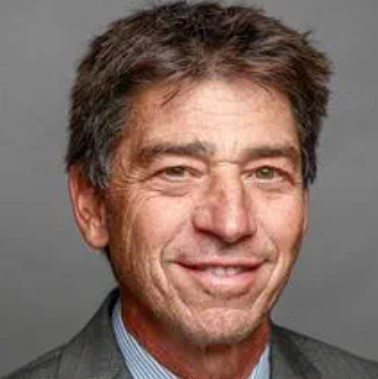
Marc Rothenberg, MD, PhD, director of the Division of Allergy and Immunology at Cincinnati Children’s and founding director of the Cincinnati Center for Eosinophilic Disorders, said the collaboration arose after he did a sabbatical at Technion and its associated Rambam Hospital.
Technion, based in Haifa, Israel, is a technology and engineering institution that has its own medical faculty and affiliated hospital.
“I realized that bringing together two world-class entities, Technion and Cincinnati Children’s, with complementary skills and assets, could improve pediatric medicine on a global scale,” Rothenberg said.
Importantly, the Bridge to Next-Gen Medicine program “brings together two groups of scientists that don’t normally work together – computational scientists and pediatric clinical scientists, creating a thinktank and a toolbox that will uniquely tackle and solve unmet diseases of childhood, including common diseases such as asthma and cancer as well as rare diseases such as eosinophilic esophagitis,” said Rothenberg, whose own research focuses on the molecular analysis of allergic inflammation, primarily of eosinophilic gastrointestinal disorders.
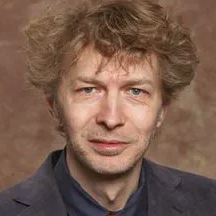
Jarek Meller, PhD, who is director of the graduate program for Biomedical Informatics at Cincinnati Children’s in partnership with the University of Cincinnati College of Medicine and pursues research in bioinformatics and computational genomics, is helping with the collaboration.
“By bringing together outstanding brainpower and expertise in biomedicine and AI/machine learning, we hope to address unmet medical needs of children while training the next generation of cross-disciplinary researchers and sharing the results from the collaboration with institutions around the world,” Meller said.
The new collaboration is expected to include an opportunity for participating faculty to apply for two types of joint grants. One grant of $100,000 would be awarded for top scientific merit. Two to three grants of $50,000 would be awarded to further ongoing collaborations already established from previous joint symposia participation.
Cincinnati Children’s and Technion have collaborated in the past on joint research in multiple areas of medicine as well as post-doctoral training and academic symposiums in which faculty and students shared expertise.
Representing Technion in the collaboration are two scientists, both of whom have conducted research with Cincinnati Children’s:
- Shai Shen-Orr, PhD, a computational biologist with expertise in big data and immunology who leads the multidisciplinary Systems Immunology & Precision Medicine Laboratory at Technion’s Rappaport Faculty of Medicine.
- Yonatan “Yoni” Savir, PhD, who heads a lab in Technion’s Rappaport Faculty of Medicine that studies information processing in biological systems and its failure in aged cells.
“I can’t think of two better representatives of the remarkable collaboration between Cincinnati Children’s and Technion,” Rothenberg said.
Michelle Kohn, an international regional manager for Cincinnati Children’s, noted that Next-Gen Medicine is one of the flagship collaborations in the medical center’s Israel Exchange Program.
“The goal of the Israel Exchange Program is to leverage the complementary strengths of Cincinnati Children’s and Israel to improve clinical care for children worldwide, expertly train pediatric providers and scientists, achieve breakthrough discoveries, and invent and commercialize products to improve child health globally,” Kohn said.

